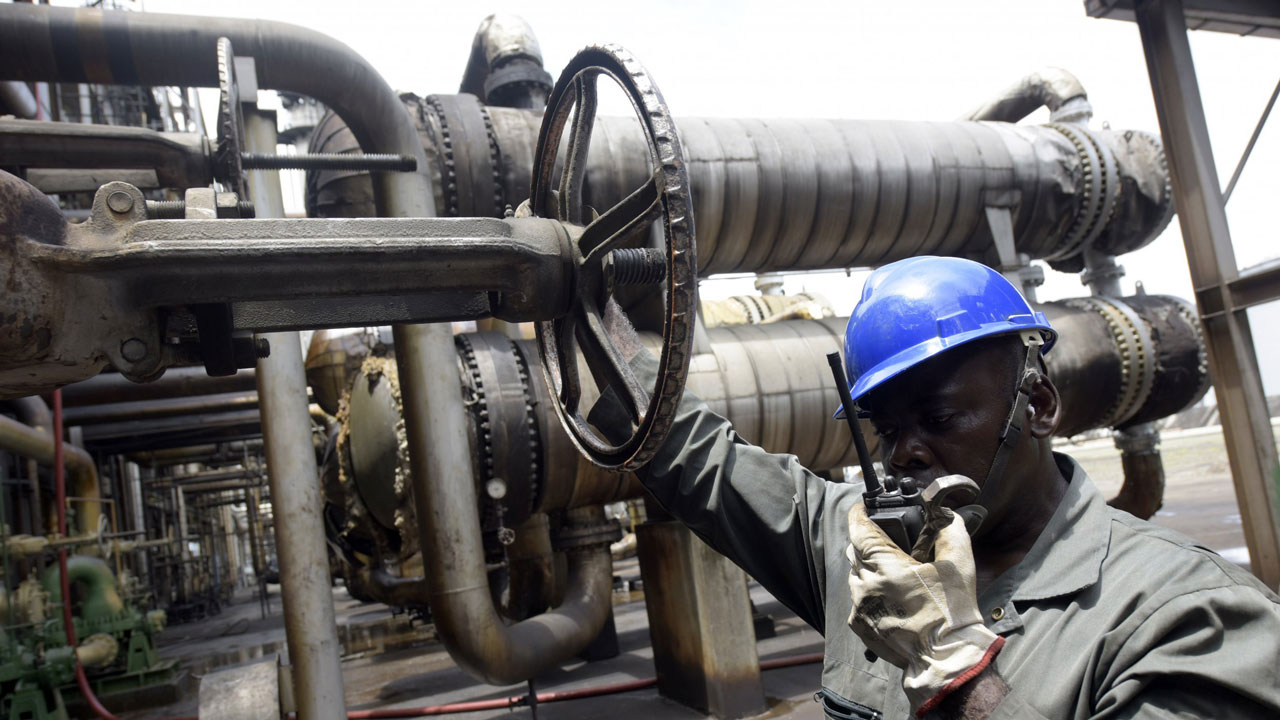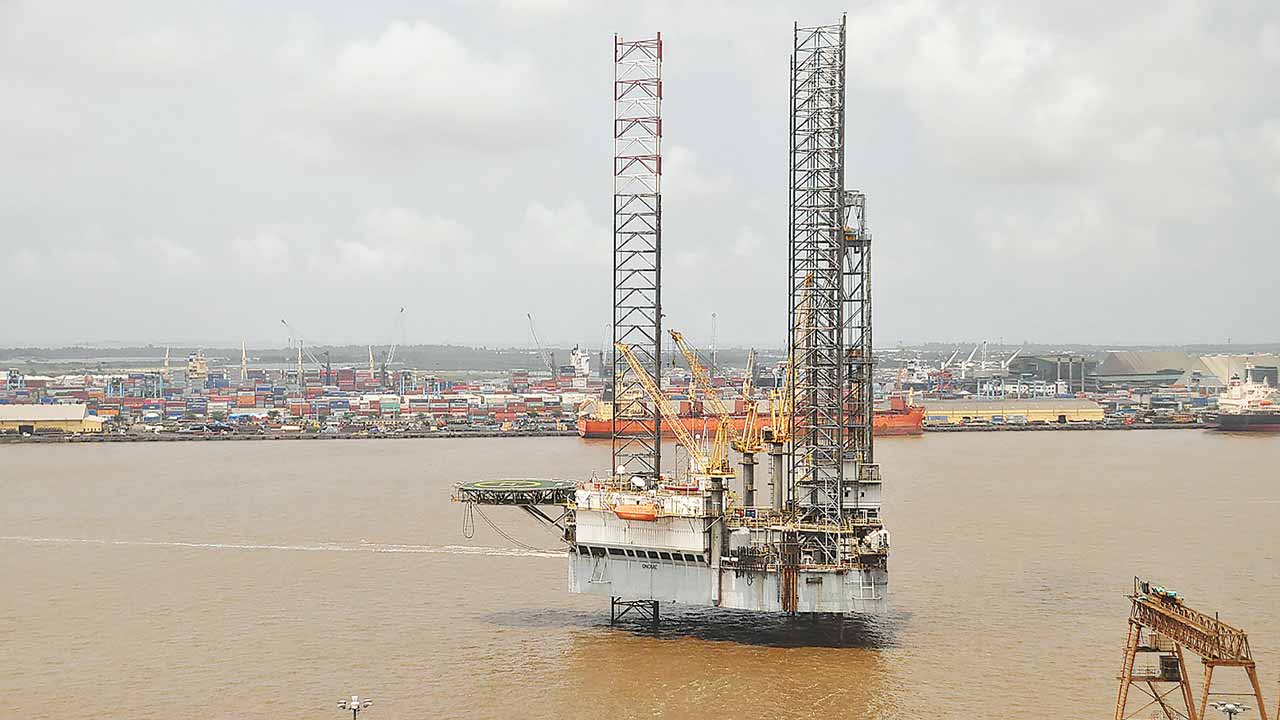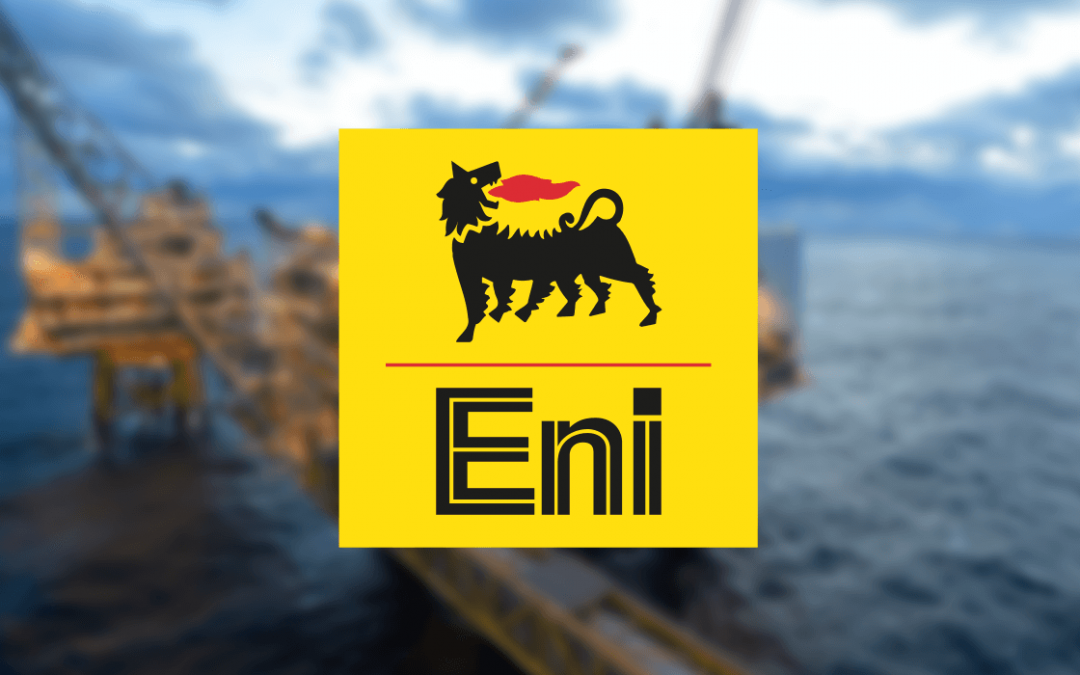Nigeria, Africa’s top oil producer, is experiencing an acute shortage of fuel, which is causing huge disruption across the country.
People are waiting at petrol stations for several hours, some into the night trying to get fuel.
The longest queues have been in cities like the capital, Abuja, and the commercial hub of Lagos, at those petrol stations that actually have some fuel in stock.
In some places, prices have increased by up to four times on the black market.
It is not new for the country to run short of fuel as its oil refineries are not working to capacity.
This means Nigeria exports its crude oil and then imports refined products for local consumption.
Controversy over the government’s plan to scrap subsidies on petroleum products has reportedly also caused bottlenecks in supplies.
Nigeria’s state-owned oil company says the current shortages are because measures were taken to quarantine millions of litres of adulterated fuel already on the market.
The methanol-blended petrol was imported earlier this month, with many Nigerians reporting mechanical damage to their vehicles after using it.
The Nigerian National Petroleum Corporation now says it plans to deliver 2.3 billion litres of petrol – and that its depots and retail outlets will start round-the-clock operations in an attempt to address the frustrating long queues.










